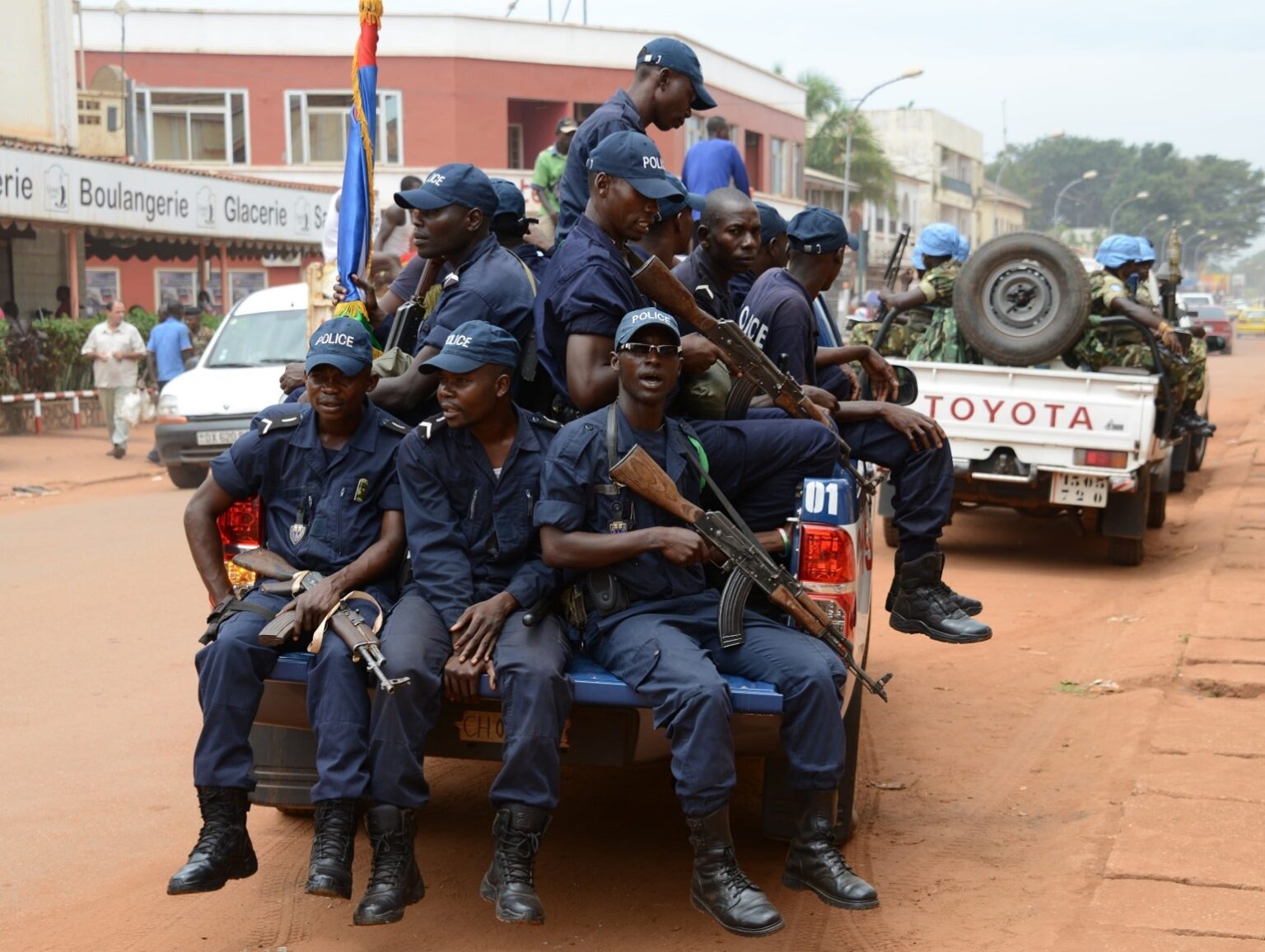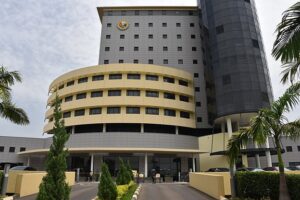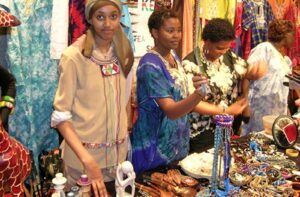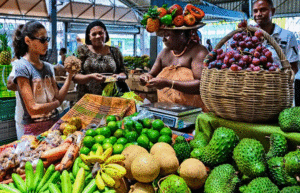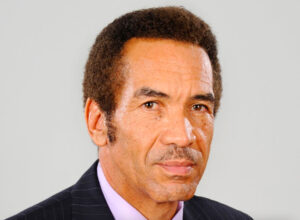Introduction
Looking to explore Central Africa but you are concerned about safety? Choosing the right destination can make all the difference for you. While Central Africa is often portrayed in terms of political instability and security challenges, there are several countries in the region that offer safe and welcoming environments for travelers.
This article explores some of the safest Central African countries where you can experience the region’s natural beauty and rich cultural heritage with peace of mind. These countries stand out for their stability, low crime rates, and efforts to promote tourism in secure environments. Top on the list of these countries are:
Gabon
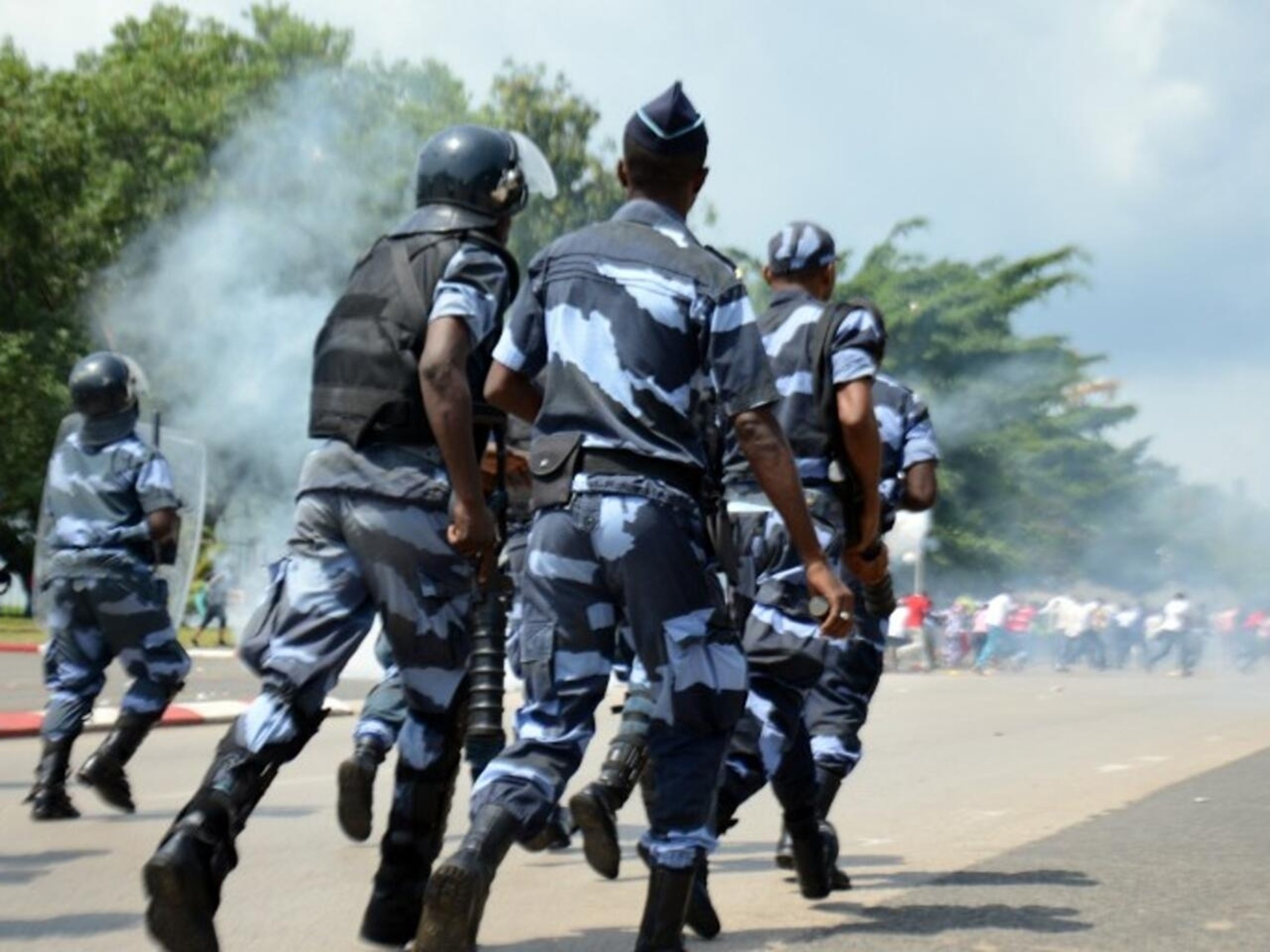
Gabon stands out for its stable governance and effective economic development, which significantly enhance safety for residents and visitors. Its commitment to preserving national parks and biodiversity makes it a haven for eco-tourists. Additionally, low crime rates and robust infrastructure further bolster Gabon’s appeal as one of the safest countries in Central Africa.
Pros:
- It boasts pristine national parks and reserves, making it a haven for ecotourists interested in diverse wildlife and natural landscapes.
- It enjoys effective governance contributing to a stable environment, ensuring safety for residents and visitors alike.
- It maintains relatively low crime rates, enhancing its reputation as a safe destination in Central Africa.
Cons:
- It faces infrastructure challenge as building outside major cities can be underdeveloped, affecting travel convenience in remote areas.
- It experiences economic disparities which impacts access to services and opportunities for all residents.
- Ecotourism Paradise: Gabon is celebrated for its pristine national parks and reserves, such as Loango National Park and Ivindo National Park, which are home to diverse wildlife and natural landscapes. It ranks 97th on the Global Peace Index (GPI).
- Political Stability: With a population of approximately 2.3 million, Gabon enjoys relative political stability under a presidential republic. Libreville, the capital, is a vibrant city known for its French colonial architecture and markets.
- Low Crime Rates: The country’s low crime rates contribute to its reputation as a safe destination in Central Africa.
- Languages: French is the official language, widely spoken alongside indigenous languages.
- Currency: The Central African CFA franc (XAF) is the official currency.
Republic of the Congo
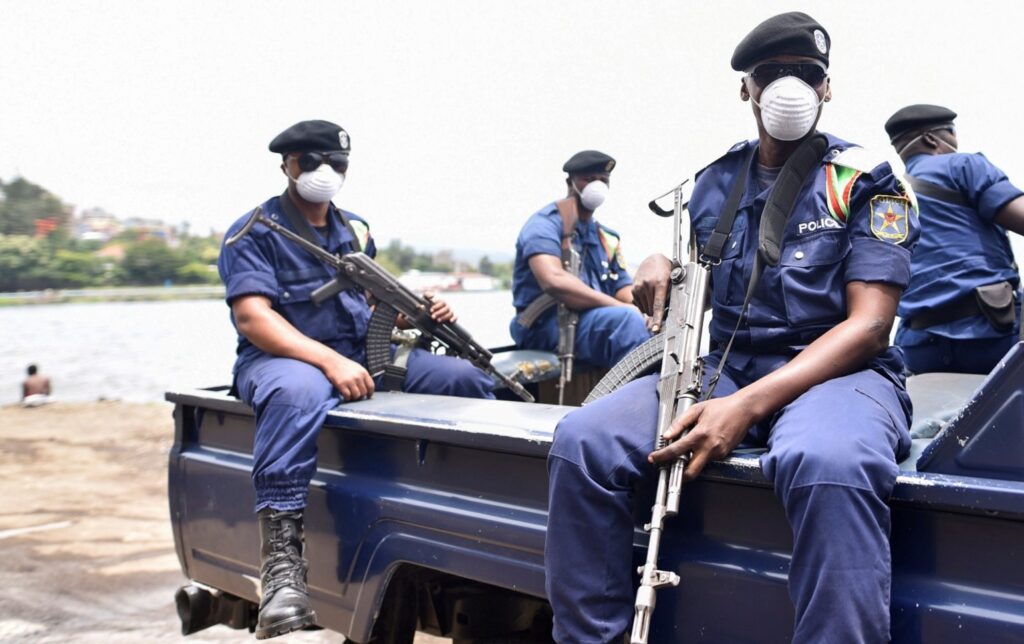
The Republic of the Congo has enhanced safety through peace initiatives and infrastructure development, yielding positive results in urban areas and tourist destinations. Despite challenges in some border regions, stability efforts have made significant progress. The country’s cultural richness and historical heritage offer travelers safe opportunities to explore diverse cultures and ecosystems, supported by improved facilities for a comfortable stay.
Pros:
- It offers rich cultural diversity and historical heritage, providing unique experiences for travelers.
- It benefits from ongoing developments in infrastructure supporting safer and more comfortable travel experiences.
- It possesses natural beauty, diverse ecosystems, including rainforests and savannas that offer scenic and ecologically diverse landscapes.
Cons:
- It experiences security challenges in some border regions, necessitating caution for travelers venturing into these areas.
- It is challenged with economic disparities and this affect access to services and opportunities, particularly outside urban centers.
- Cultural Richness: The Republic of the Congo, with a population of around 5.4 million, boasts rich cultural diversity and historical heritage. Brazzaville, the capital, is known for its lively markets and Congo River views. It ranks 100th on the Global Peace Index (GPI).
- Improved Infrastructure: Ongoing developments support safer and more comfortable travel experiences, enhancing accessibility to attractions like Nouabale-Ndoki National Park.
- Natural Beauty: Diverse ecosystems include rainforests and savannas, offering scenic landscapes and wildlife encounters.
- Languages: French is the official language, while Lingala and Kikongo are also widely spoken.
- Currency: The Central African CFA franc (XAF) is the official currency.
Cameroon
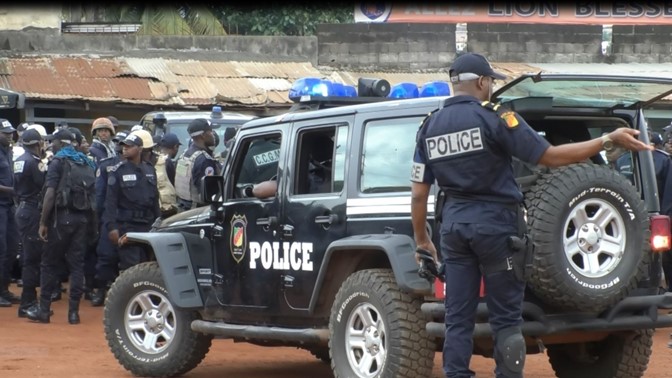
Cameroon’s relative stability, despite occasional security concerns in some regions, is bolstered by effective governance and law enforcement. The country’s diverse landscapes, spanning lush rainforests to expansive savannas, offer safe and enriching experiences for adventurers and nature enthusiasts alike. With a vibrant cultural heritage, Cameroon is a secure destination that appeals to those seeking cultural immersion and eco-tourism adventures.
Pros:
- It offers varied natural beauty and wildlife, appealing to nature enthusiasts, from savannas to rainforests.
- It boasts vibrant cultural traditions and historical sites enriching the travel experience.
- It generally maintains moderate crime rates, ensuring a safer environment for residents and tourists.
Cons:
- It has certain regions that experience occasional unrest and security issues, impacting local safety perceptions.
- It has infrastructural limitation especially outside major cities, affecting travel logistics and accessibility.
- Diverse Landscapes: With a population of over 27 million, Cameroon’s landscapes range from savannas to rainforests. Mount Cameroon offers hiking opportunities, while Douala and Yaoundé are bustling cities. It ranks 133rd on the Global Peace Index (GPI).
- Cultural Heritage: The country’s cultural diversity includes over 250 ethnic groups, each contributing to its vibrant traditions and festivals.
- Moderate Crime Rates: Major cities generally maintain moderate crime rates, ensuring a safer environment for residents and tourists.
- Languages: French and English are official languages, with numerous indigenous languages spoken.
- Currency: The Central African CFA franc (XAF) is the official currency.
Democratic Republic of the Congo (DRC)
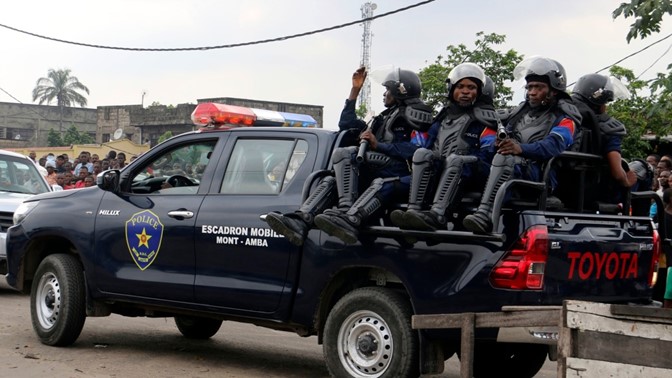
The Democratic Republic of the Congo, despite its historical challenges, offers breathtaking natural beauty and rich cultural experiences that make it a compelling choice for travelers. Efforts towards improving security in urban centers have made it safer for visitors interested in exploring its diverse landscapes and wildlife. The country’s commitment to political stability and cultural preservation underscores its potential as a safe and rewarding destination in Central Africa.
Pros:
- It presents stunning landscapes and rich biodiversity and these makes DRC a magnet for adventurous travelers and wildlife enthusiasts.
- It showcases diverse ethnic groups and traditions offering enriching cultural experiences.
Cons:
- It contends with persistent security challenges, affecting safety perceptions and travel advisories.
- It has limited infrastructure outside major cities which can hinder travel and development opportunities.
- Natural Wonders: With a population of around 101 million, the DRC is home to the Congo Basin rainforest and Virunga National Park, famous for mountain gorillas. Kinshasa, the capital, offers cultural experiences. It ranks 148th on the Global Peace Index (GPI).
- Cultural Diversity: Over 200 ethnic groups contribute to the DRC’s cultural tapestry, with Lingala and Swahili commonly spoken alongside French.
- Efforts Towards Stability: Urban areas like Kinshasa have seen improvements in security, though challenges remain in eastern regions.
- Languages: French is the official language, with Lingala, Swahili, and other languages spoken.
- Currency: The Congolese franc (CDF) is the official currency.
Chad
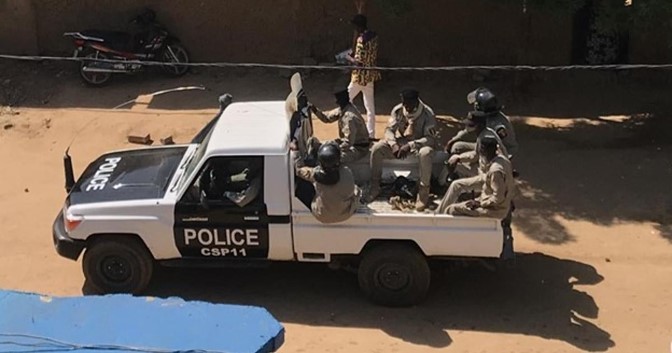
Chad’s selection is based on notable improvements in security measures and strategic stability, particularly in urban hubs. The country’s diverse cultural heritage and strategic alliances contribute to its overall safety profile, offering travelers opportunities to delve into its history and traditions safely. While challenges persist in border regions, Chad’s efforts towards enhancing security and preserving its cultural fabric make it a viable choice for those seeking safe and enriching experiences in Central Africa.
Pros:
- It benefits greatly from measures to enhance security conditions in urban centers have improved safety for residents and visitors.
- It has diverse cultural heritage that provides insights into its history and traditions.
- It has regional alliances that have contributed to strategic stability, enhancing overall safety.
Cons
- It grapples with volatile border regions, requiring caution for travelers exploring these areas.
- It struggles with economic disparities which impacts access to services and opportunities for many residents.
- Security Improvements: Chad, with a population of approximately 16 million, has enhanced security measures in urban centers like N’Djamena. It ranks 150th on the Global Peace Index (GPI).
- Cultural Heritage: Diverse ethnic groups, including the Sara and Arab Chadians, contribute to Chad’s rich cultural heritage and traditions.
- Strategic Stability: Regional alliances bolster Chad’s stability, contributing to overall security in the country.
- Languages: French and Arabic are official languages, with numerous indigenous languages spoken.
- Currency: The Central African CFA franc (XAF) is the official currency.
Equatorial Guinea
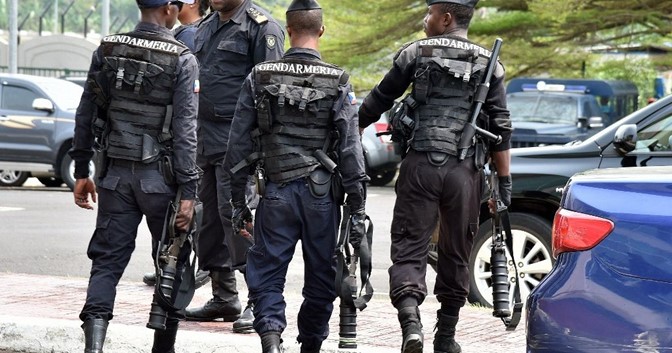
Equatorial Guinea’s emergence as a safe destination is underscored by its strides in economic development and improved security measures. The country’s stunning natural attractions, including pristine beaches and tropical rainforests rich in biodiversity, appeal to travelers seeking safe and immersive natural experiences. Economic opportunities and strengthened law enforcement further enhance safety, making Equatorial Guinea a promising destination for both leisure and business travelers looking for security and comfort in Central Africa.
Pros
- It showcases natural beauty such as pristine beaches, tropical rainforests, and unique wildlife attract nature lovers and Ecotourists.
- It has enhanced security measures to create and support a safer environment for residents and visitors.
- It presents economic growth opportunities for development and improved living conditions.
Cons:
- It faces limitation with political freedoms may affect civil liberties and governance transparency.
- It is face with economic inequalities in wealth distribution and access to resources.
- Natural Beauty: Equatorial Guinea, with a population of around 1.5 million, offers attractions like Bioko Island’s volcanic landscapes and Malabo’s colonial architecture. It ranks 153rd on the Global Peace Index (GPI).
- Improved Security: Enhanced security measures support a safer environment for residents and tourists alike.
- Economic Opportunities: The country’s oil wealth drives economic growth and development efforts.
- Languages: Spanish and French are official languages, with indigenous languages spoken.
- Currency: The Central African CFA franc (XAF) and Equatorial Guinean ekwele (GQE) are official currencies
Overview of Safest Central African Countries
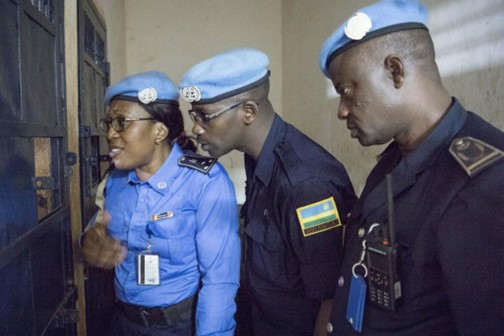
Central Africa, known for its rich cultural diversity, unique wildlife, and breathtaking landscapes, offers varying safety profiles. Among the safer destinations, Gabon stands out for its political stability and low crime rates, ranking 97th on the Global Peace Index (GPI), with Libreville’s French colonial architecture and national parks like Loango and Ivindo attracting eco-tourists.
The Republic of the Congo, ranked 100th, is noted for its cultural richness and improved infrastructure, offering safe experiences in cities like Brazzaville and Pointe-Noire. Cameroon, despite some regional instability, boasts diverse landscapes and cultural heritage, with major cities like Douala and Yaoundé maintaining moderate crime rates and a 133rd GPI rank. The Democratic Republic of the Congo (DRC), with natural wonders like the Congo Basin rainforest and Virunga National Park, ranks 148th, with efforts toward stability in urban centers like Kinshasa. Chad, ranked 150th, has seen security improvements in cities like N’Djamena, bolstered by regional alliances. Lastly, Equatorial Guinea, ranked 153rd, showcases natural beauty with pristine beaches and tropical rainforests, enhanced security measures, and economic opportunities driven by oil wealth, making it an appealing and relatively safer destination. These countries, with their unique attributes and safety efforts, offer promising experiences for travelers exploring Central Africa.
How to Choose Safest Central African Countries
- Check the GPI rankings to identify countries with higher levels of peacefulness, such as Gabon (97th) and the Republic of the Congo (100th).
- Choose countries with stable governments like Gabon and Cameroon, and avoid regions with ongoing political unrest.
- Research local crime rates, noting that Gabon and the Republic of the Congo generally have lower crime rates.
- Ensure the country has adequate medical facilities, with major cities like Libreville and Brazzaville offering better healthcare.
- Look for countries with well-developed tourism infrastructure, such as Gabon’s national parks and Cameroon’s diverse landscapes.
- Select countries where you can communicate effectively with no language barrier, with French widely spoken in Gabon, the Republic of the Congo, and Cameroon.
- Evaluate and consider countries with stable economies, like Equatorial Guinea, which offers economic opportunities and improved security.
Pros & Cons of the Safest Central African Countries
Pros:
- It enjoys a stable political environment, contributing to a secure and safe atmosphere.
- It boasts a diverse cultural heritage with vibrant traditions.
- It offers a range of landscapes from savannas to rainforests, providing varied natural beauty.
- It offers pristine beaches, tropical rainforests, and volcanic landscapes.
Cons:
- It suffers from underdeveloped infrastructure in rural areas making travel and access challenging.
- It faces security challenges in some border regions requiring caution.
- It experiences occasional unrest in certain regions requiring careful travel planning.
- It experience limited political freedoms which may affect governance transparency and accountability.
What to Watch Out For…
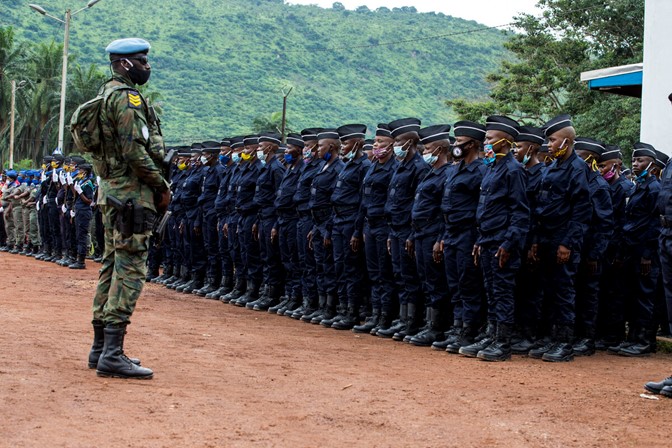
- Consider the infrastructural development in the country as rural areas can suffer from underdeveloped facilities, making travel and access challenging.
- Be cautious and plan carefully when you get to unknown area as some border regions face security challenges.
- Stay vigilant especially in the regions which face persistent security challenges affecting overall stability.
- Be aware of the political climate which may affect governance transparency and accountability.
Pro Tips
- Conduct in-depth research on your destination, including local news, travel advisories, and cultural norms to ensure you are well-prepared.
- Keep up to date with the latest information on political and security developments in the region. Choose reputable hotels or accommodations with good reviews, especially in urban centers.
- Avoid traveling at night and always inform someone of your travel plans.
- Learn basic phrases in the local language and dress appropriately.
- Keep communication lines open by carrying a local SIM card or a portable Wi-Fi device.
- Ensure you have necessary vaccinations and carry a first-aid kit. Drink bottled water and avoid street food to prevent health issues. Know the location of the nearest hospital or medical facility.
- Invest in comprehensive travel insurance that covers health, travel delays, and unexpected incidents.
- Establish contact with your embassy or consulate upon arrival.
Recap
Traveling to Central Africa offers a wealth of cultural diversity, stunning natural landscapes, and unique wildlife experiences. Ensure you carefully research your destination; stay informed about local developments, and respect cultural norms, you can ensure a safer and more enjoyable journey. Establish contact with your embassy or consulate as you can get crucial support in emergencies. These are the few of the Central African countries that you can confidently explore their beauty and richness while mitigating potential risks. Safe travels!


